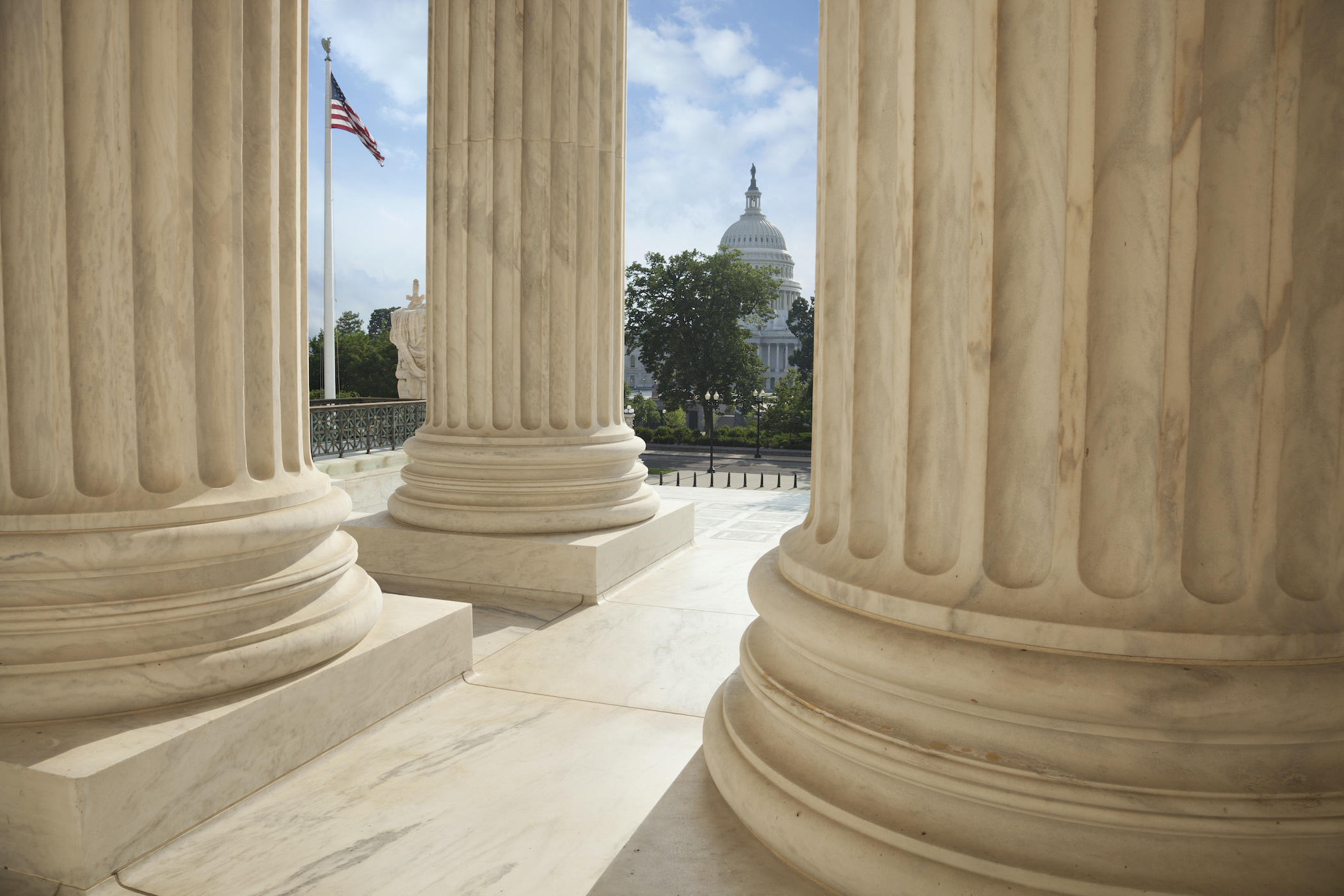Last week, the congressional reform community scored some major wins: new rules in the House of Representatives to support ethics and transparency, and the creation of a Select Committee with real potential to promote further reforms.
New Rules Lay the Foundation for New Results
The set of rules that the House of Representatives adopts each Congress often sets the tone for the next two years of legislating. Judging from the rules the House adopted in the first few days of this session, the 116th Congress is positioning itself to aggressively address challenges to its legislative capacity.
Current House rules tilt control of the chamber in ways that make it much harder for members to find bipartisan consensus on key problems that voters sent them to Washington to tackle. The select committee will examine ways that changes to how committees operate and how bills proceed to final passage can empower individual members to inject their expertise in the process and negotiate across the aisle. The Congressional Institute and Bipartisan Policy Center Action (a grantee of our sister organization, Democracy Fund Voice) have explored extensively what such changes could look like.
New Committee Promises Change and Accountability
The House overwhelmingly approved the creation of a Select Committee on the Modernization of Congress in a remarkable bipartisan vote of 418-12. This committee, to be chaired by Rep. Derek Kilmer of Washington, will suggest changes to House rules and procedures to encourage more bipartisan cooperation on bills and allow members to have more of an impact on the legislative process. It will also look into how Congress can adopt better workplace technology to become more innovative and examine challenges to recruiting and retaining a diverse and highly talented workforce. Membership on the committee will be split evenly between Democrats and Republicans.
Building Congressional Staff Capacity
Although changes to procedural rules may open new avenues for bipartisan legislation, the effects of these reforms will be limited as long as the working conditions, capacity, and resources of congressional staff remain stagnant. Fortunately, the broad mandate of the Select Committee allows it to address these foundational issues as well. As Democracy Fund grantees have highlighted, the level of support the institution provides its most essential personnel has reached crisis status. In a 2017 Congressional Management Foundation (CMF) survey, only 6 percent of congressional senior staff said they were “very satisfied” with the technological infrastructure of the Congress in supporting members’ duties and only 15 percent were very satisfied with the level of knowledge, skills, and abilities of fellow staff.
Our grantees like the Congressional Management Foundation (CMF), the Legislative Branch Working Group, and Demand Progress have demonstrated how low pay, inadequate professional development opportunities, and high turnover can lead harried staff to rely increasingly on the perspectives of lobbyists and advocacy groups to inform legislation. Demand Progress, Lincoln Network, and TechCongress have noted that Congress suffers from a lack of staff with scientific and technical expertise—which might amount to just a handful of employees—to make sense of highly complex policy areas touching on nearly every aspect of American society. OpenGov Foundation and Lincoln Network, meanwhile, have explored how the information technology and digital communications systems serving congressional offices are inadequate for the world’s most powerful legislative body.
As the Select Committee begins its work, its members can rely on Democracy Fund grantees for impartial expert information on the state of congressional legislative capacity and ideas for modernizing the institution. Lincoln Network and Demand Progress, for example, have teamed up with a bipartisan coalition of civil society organizations, think-tanks, and academic experts to launch Future Congress, a resource hub to help improve the institution’s understanding of science and technology.
Fostering a Congress That Looks More Like America
The rules package also created a new Office of Diversity and Inclusion, which will develop and implement a plan to address Congress’ long-standing challenge of recruiting and retaining a diverse workforce, especially among senior staff. As Democracy Fund grantee the Joint Center for Political and Economic Studies recently demonstrated, less than 14 percent of top-level congressional staff are people of color. This lack of diversity presents an urgent legislative capacity issue, as Congress lacks staff perspectives that reflect the demographic composition of the nation.
The Office of Diversity and Inclusion can look to the Staff Up Congress initiative, a project of the Joint Center and the National Association of Latino Elected and Appointed Officials, for best practices in developing a pipeline of diverse candidates and hiring and promoting in an inclusive manner. The Joint Center is holding the freshman class of the 116th Congress accountable by tracking new hires of staff of color to senior positions.
The Select Committee and the Office of Diversity and Inclusion are just two aspects of a broader package of reforms that will strengthen ethical and transparent conduct of House members. The rules package also establishes a whistleblower office for congressional staff, strengthens institutional support for ethics investigations of members, and forces members to pay out of their own pocket for employment discrimination lawsuits.
Change in Washington requires patience and preparation to be ready to seize opportunities for reform when they arise. The rules reform package validates our strategy of long-term investment in organizations that provide a vision of what a modern Congress should be. In partnership with congressional stakeholders, those organizations are poised to begin a historic undertaking in the new Congress, strengthening its ability to fulfill its constitutional obligations and restoring public trust in the institution.
